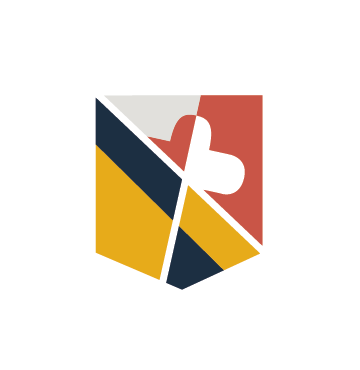USM and Google Announce Partnership
The University System of Maryland (USM) and Google announced a new partnership today that will help thousands of USM students and other Maryland learners earn Google Career Certificates in high-growth fields including cybersecurity, data analytics, and project management at no cost.







